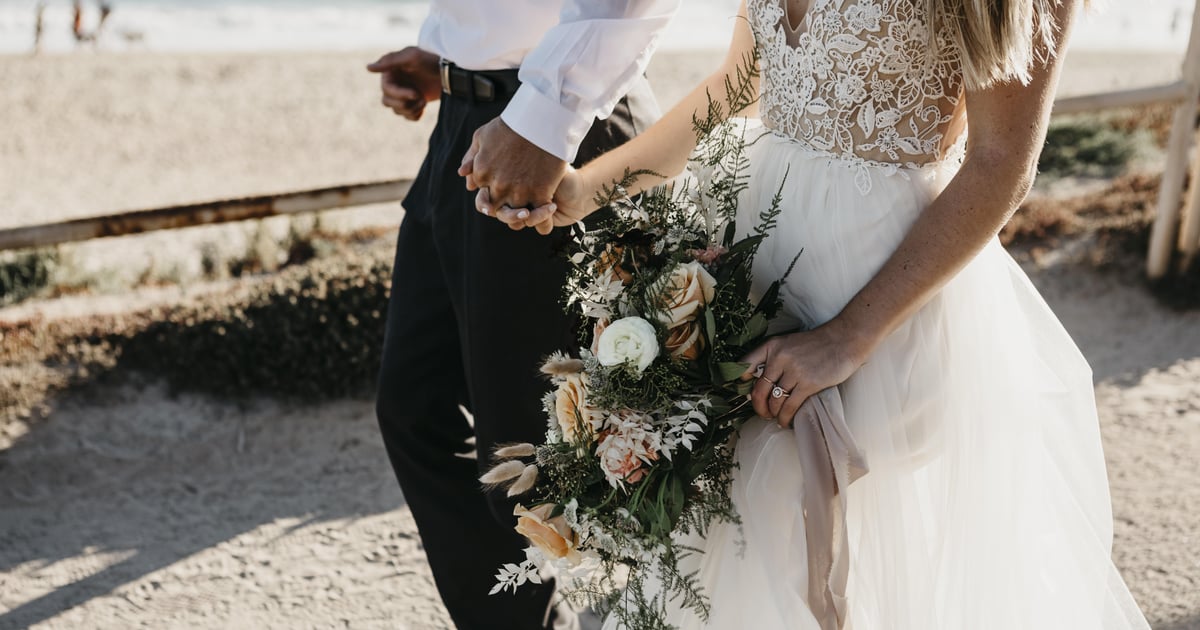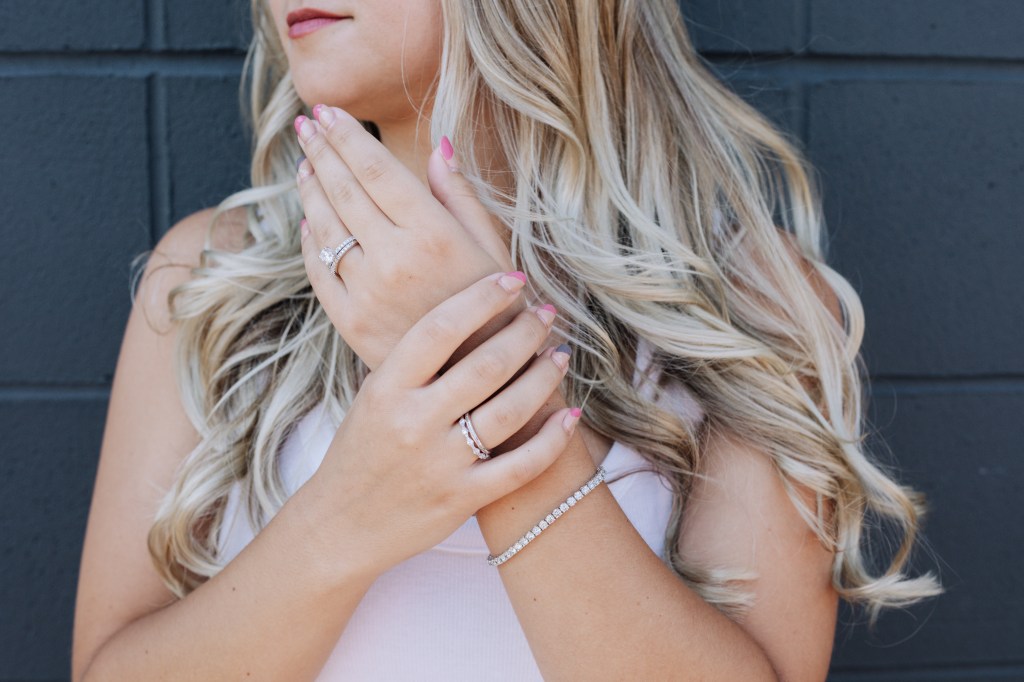How to Win Fashion Week | This Week in Fashion, BoF Professional
After 18 months of mostly online runways, the latest cycle of European shows ended this week with a final day that included outings from tentpole brands Chanel and Louis Vuitton and an emotional tribute to late designer Alber Elbaz.
In London, the calendar of physical shows was sparse, with anchor brand Burberry and celebrity designer Victoria Beckham both opting to release their collections online. In Milan, strict social distancing measures made for ultra-tight guest lists and a less convivial atmosphere than usual. But Paris’ nine-day fashion week came with 38 in-person shows, and a sense that things were almost back to normal.
Most big brands scaled back their events due to social distancing restrictions, a desire to stage more intimate outings (and redirect marketing budgets) or both. Audiences were also smaller as a result of the downsizing of key fashion titles like Vogue. A few top voices from Asia, including K-Pop superstars Jisoo and Jennie were present, but continued travel restrictions for residents of Mainland China meant the key market’s stars, VIP clients and media were absent, too.
Several brands were missing as well: Celine and Alexander McQueen stuck to their plans to show off-calendar, Maison Margiela and Marine Serre chose to show online, and Jacquemus and Y/Project continued to prefer the less-crowded menswear season. Still, Paris Fashion Week featured a mix of shows and presentations, peppered with launch parties and other activations, that helped it feel more like a return to the old days than in Europe’s other fashion capitals.
The return to physical fashion shows reunited the fashion community in a way that had not happened since the start of the pandemic. It also improved the digital engagement by which many shows are measured. Having the right people in the room provides a sense of cultural value that is hard to recreate with online-only productions even as brands become savvier about staging, filming and packaging their collections for digital audiences.
So far, online coverage of the Paris season across social media platforms and in the press has had an estimated value of $241.4 million — 96 percent higher than that of September 2020′s mostly-digital fashion week, according to Launchmetrics. The digital buzz also topped the city’s last in-person September fashion week in 2019 by 35 percent, the consultancy said.
Many brands showed their collections using the same coded rituals as before the pandemic, notably Saint Laurent, where designer Anthony Vaccarello was back to his opening-night slot. Sparkling Eiffel Tower backdrop. Check. Rake-thin models. Check. A water-soaked catwalk. Check.
Chanel made going back to the old ways more fun, opting for a nostalgic reenactment of its elevated runways from the ‘80s and ‘90s.
But the brands that really stood out from the pack this week were those that twisted their strategies and leveraged the power of physical events with a more interactive and entertaining approach, treating their audiences as more than a mass of warm bodies with smartphones.
At Balmain, a 10th anniversary show for designer Olivier Rousteing was attended by industry insiders and celebrities, but was also open to the public: of the 5,000 people who attended the brand’s second “festival” last Thursday, 4,000 of them paid for their tickets as part of a fundraiser for HIV charity Red. The amphitheatre space — complete with booming music, jumbotron screens and a screaming audience — added a jolt of emotion that was well-suited to Rousteing’s pop vision, framing his creations more favorably than a stiff judgement ceremony for editors.
The event also delivered significant impact online. Balmain registered 9 million interactions on Instagram around the time of the show, versus 2.3 million for its February 2020 show, the brand said. (It helped that Doja Cat and Jessie Jo Stark performed).
“Opening up to a wider audience is something that’s been talked about for a long time, and Olivier and Balmain did it really well. It fit in with what they want to say,” said set designer and show producer Alexandre de Betak. But the approach wouldn’t be right for everyone. “There’s a weird natural balance you need, between the system and its exceptions.”
Balenciaga’s show, which doubled as the premiere of a bespoke episode of “The Simpsons,” was the wittiest, most interactive and, ultimately, most impactful fashion event of the season. Together, the show and episode were posted or reposted online 711,000 times and garnered 1.27 billion media impressions, the brand said — far more attention than what brands typically earn with their shows.
Guests arrived via a red carpet photo call, and hammed it up for the cameras, unaware that the scene was being broadcast live inside the Théâtre du Châtelet venue. Once seated, it became clear that the red carpet was the runway, with Demna Gvasalia’s spring collection displayed on models, celebrities and friends of the brand as they arrived, posed for the cameras and then took their seats among the audience, staying in their looks to mingle at the show’s afterparty.
The sense of participation was electric, even as it seemed to poke fun at social media’s hunger for a taste of fame. This, plus the custom Simpsons episode, made for a mix that was both memorable and shareable on social media.
The show brought the audience to its feet for a standing ovation, winning fashion week while, at the same time, highlighting how much its formulas can use shaking up.
THE NEWS IN BRIEF
FASHION, BUSINESS AND THE ECONOMY
Rent the Runway makes IPO filing public. Rent the Runway.
Rent the Runway makes IPO filing public. The company reported a 39 percent drop in revenue — $157.5 million for the fiscal year 2020, down from $256.9 million a year earlier — in its paperwork for stock market flotation. Its net loss widened to $171.1 million in the same period, from $153.9 million a year earlier.
Retailers pitch early holiday shopping amid supply chain snarls. Target, Pottery Barn, Ulta Beauty, Gap and PacSun are among retailers promoting holiday decor and gifts as early as mid-September amid a global supply-chain logjam that threatens to limit availability of some merchandise later during the holiday season. Americans are expected to spend $1.3 trillion this season, marking a 7 to 9 percent increase from last year according to Deloitte.
Adidas launches resale. Partnering with secondhand platform ThredUp, the sportswear giant will accept clothes, shoes and accessories from any brand to be resold, donated or re-used. Customers can ship their items for free through Adidas’ Creators Club loyalty app and, depending on the product type and condition, receive loyalty points and vouchers in return. Wider rollout of the programme will begin early next year.
Levi’s beats quarterly estimates as people refresh their wardrobes. The apparel brand announced on Wednesday it beat third quarter revenue and profit estimates, boosted by an uptick in demand for jeans from people refreshing their wardrobes as they returned to normal social life following easing pandemic restrictions.
Discount luxury retailer Rue Gilt Groupe said to plan US IPO. The company, led by chief executive Mark McWeeny, is working with underwriters ahead of a US public-market debut, according to people with knowledge of the matter, reports Bloomberg.
French Connection accepts $40 million offer from shareholders. The retailer’s board unanimously recommended the 30-pence-a-share offer from a consortium, which includes Apinder Singh Ghura, Amarjit Singh Grewal and KJR Brothers Ltd. The group announced the bid Sept. 23. Chief executive Stephen Marks remains the chain’s largest shareholder, and gave irrevocable approval for the takeover.
Human rights violations are increasing in fashion’s manufacturing hubs. The worsening of labour rights abuses has been occurring over the last four years, found a new report published Thursday by risk intelligence company Verisk Maplecroft. The report stated that between 2017 and 2021, violations including forced labour, modern slavery and child labour have increased, particularly in 11 key manufacturing countries.
THE BUSINESS OF BEAUTY
LVMH acquires French perfume and cosmetics brand Officine Universelle Buly 1803. LVMH.
LVMH acquires Officine Universelle Buly 1803. The purchase of the French perfume and cosmetics brand marks the first time LVMH is acquiring a business backed by its venture arm, LVMH Luxury Ventures. The brand was relaunched in 2014 by husband and wife team Ramdane Touhami and Victoire de Taillac. The terms of the deal were not disclosed.
PEOPLE
Condé Nast appoints Sarah Burke editor-in-chief of them. Courtesy.
Condé Nast appoints Sarah Burke editor-in-chief of them. Burke joins the LGBTQ+ community-anchored publication from Vice, where she oversaw the production of Vice World News’ documentary series Transnational.
Boohoo appoints ESG banking executive to its board. Kirsty Britz, director of sustainable banking at NatWest Group, will join the fast fashion retailer’s board as a non-executive director. The announcement comes after Boohoo has been under fire for various ESG violations, including forced labour allegations.
Authentic Brands Group appoints new president for Latin America. Joseph N. Zarro previously worked for the licensing firm as vice president of business development and legal affairs, and touts additional experience as vice president of global licensing at LVMH, where he led Donna Karan and DKNY businesses in Japan. He joins at a time when AGB is plotting further expansion in Latin America.
MEDIA AND TECHNOLOGY
Adele covers American Vogue (left) and British Vogue (right). Alasdair Mclellan and Steven Meisel
American and British Vogue share cover star for November. British singer Adele is featured on the cover of both issues, marking the first time the same star has appeared on both Vogue covers at once. It is part of a growing effort at the publisher to entice stars by promising more exposure or to get more mileage out of single shoots or articles by publishing them in more regions.
Facebook, Instagram, WhatsApp hit by global outage. The outage began around noon Eastern time on Monday and lasted for about four hours. It came after a whistleblower accused Facebook of repeatedly prioritising profit over clamping down on hate speech and misinformation on Sunday. Facebook shares opened lower after the report and fell 5.3 percent in the afternoon.
Amazon rival Noon to draw $2 billion from Saudi Public Investment Fund (PIF), other backers. The e-commerce firm, which operates in the United Arab Emirates, Saudi Arabia, and Egypt and is eyeing expansion, will use the investments to upgrade infrastructure and help speed up delivery, according to Noom founder Mohamed Alabbar. The Middle East has been slower adopting e-commerce than other regions, though Covid-related lockdowns accelerated the shift to online shopping and food delivery.
Compiled by Joan Kennedy and Diana Pearl.

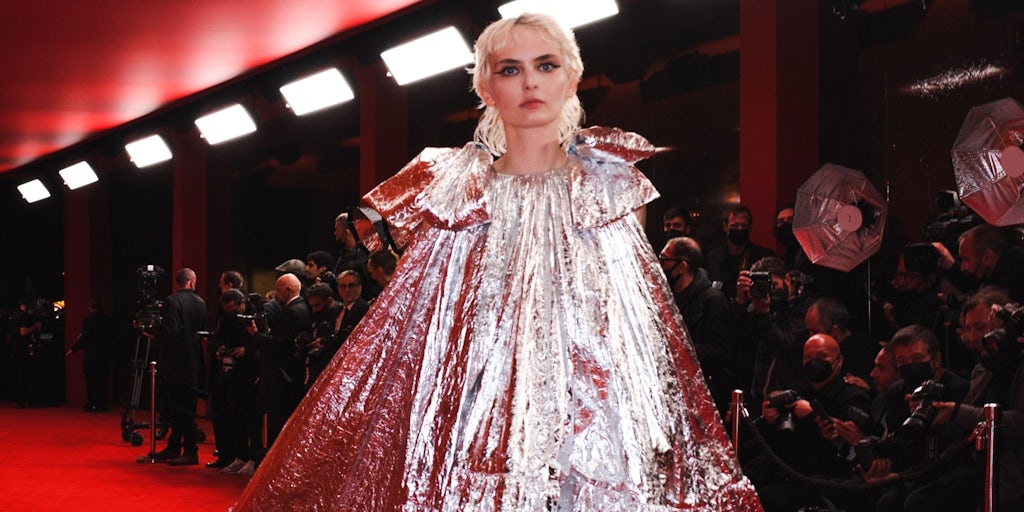
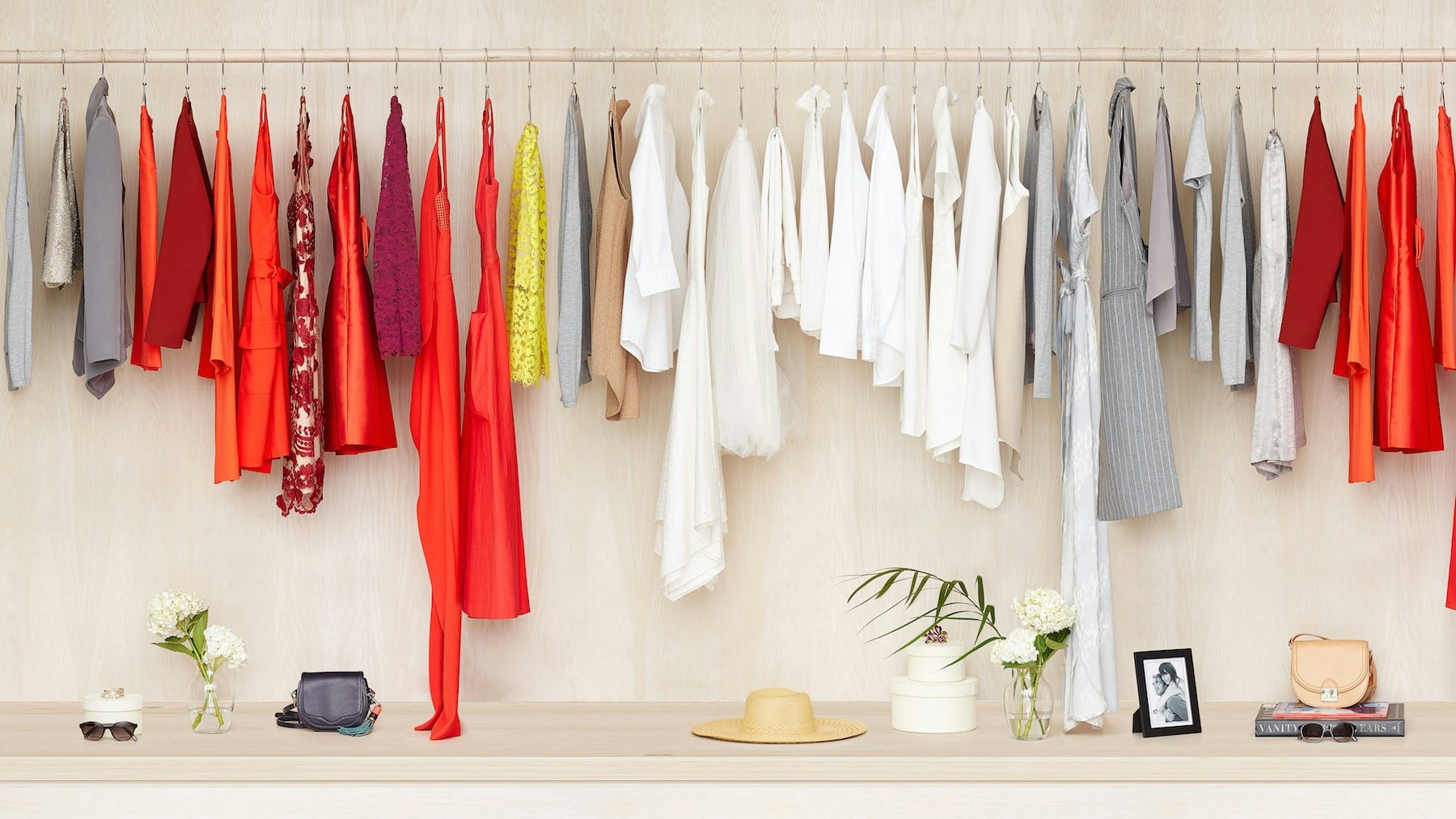
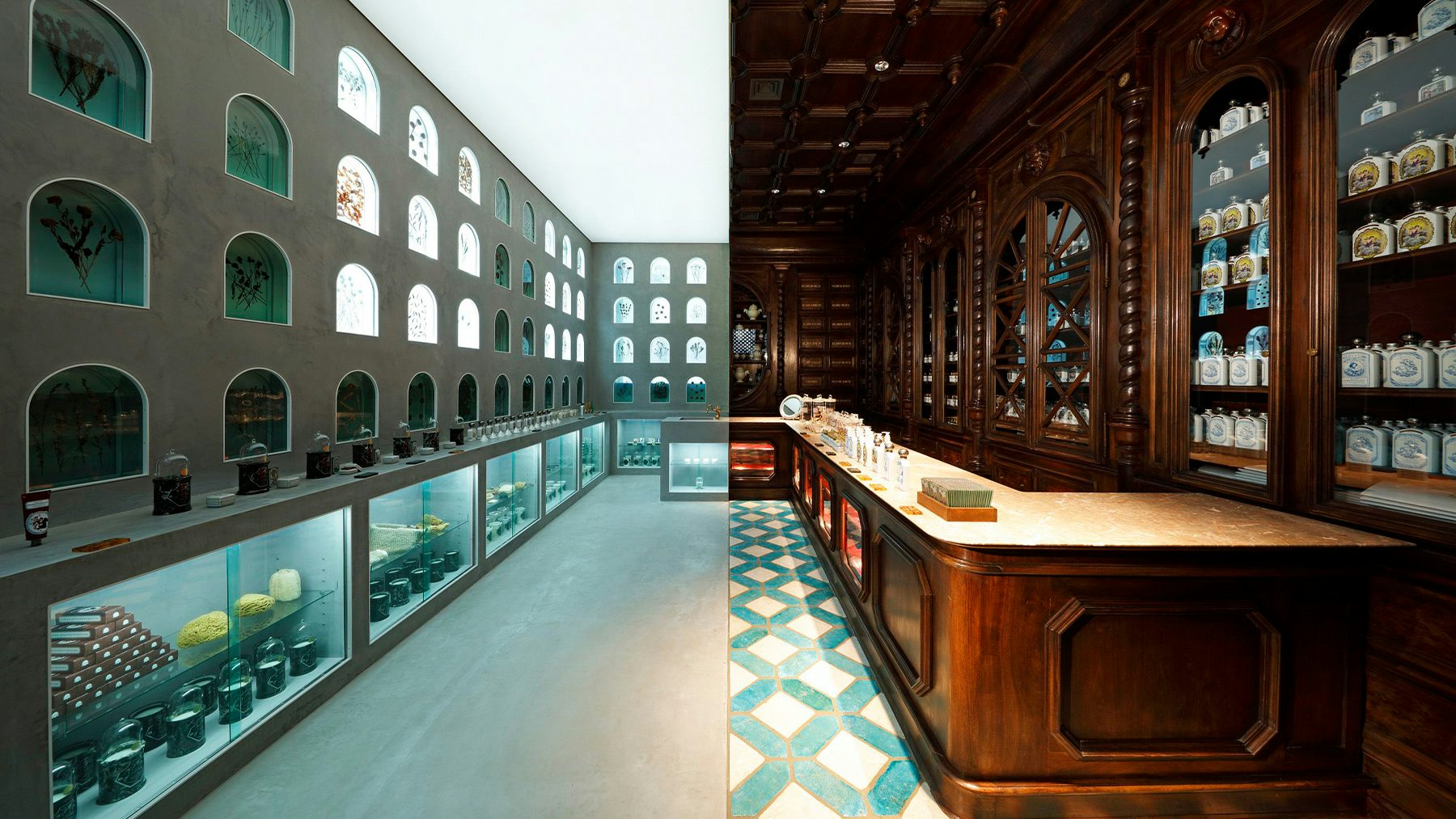
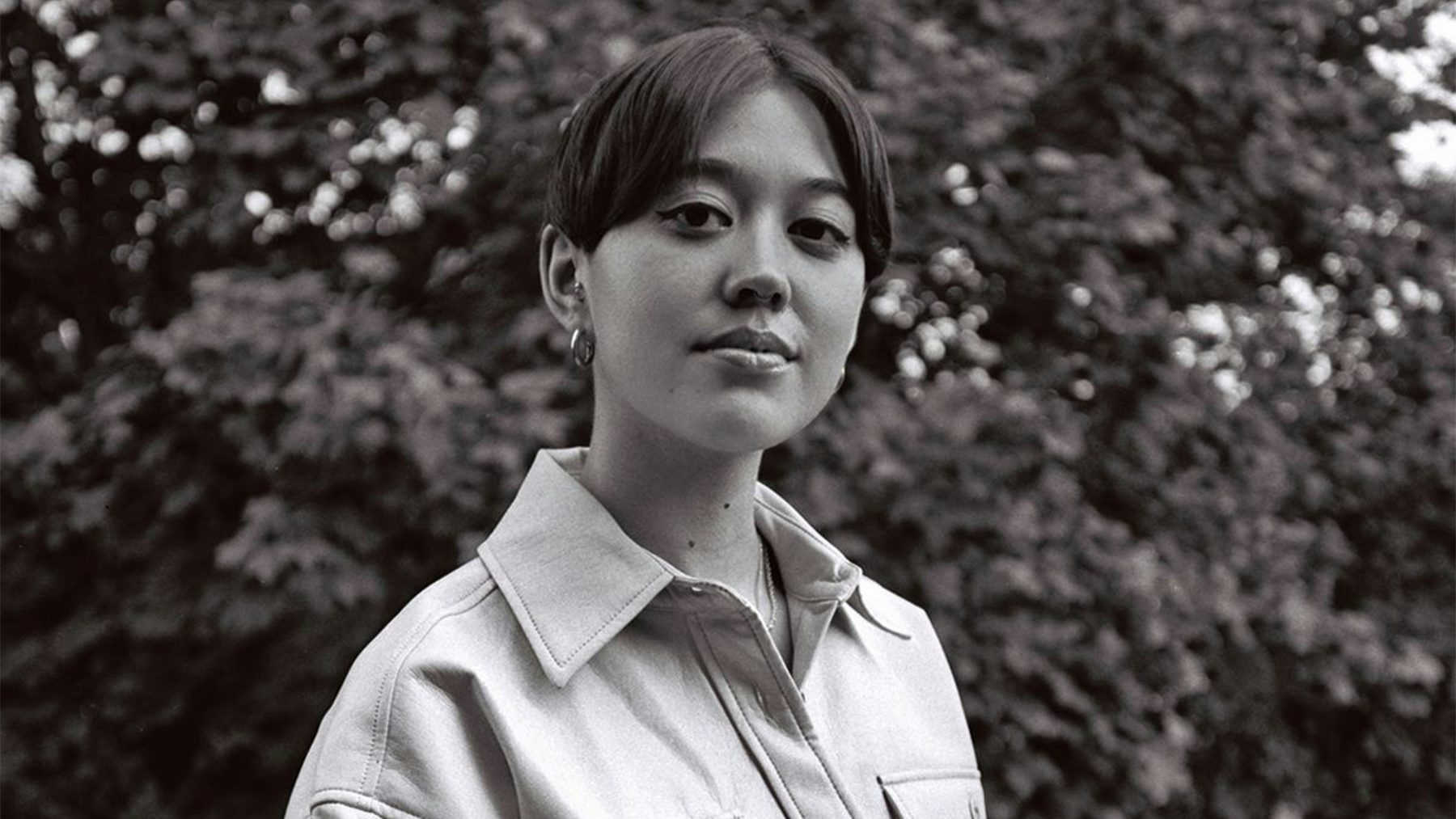
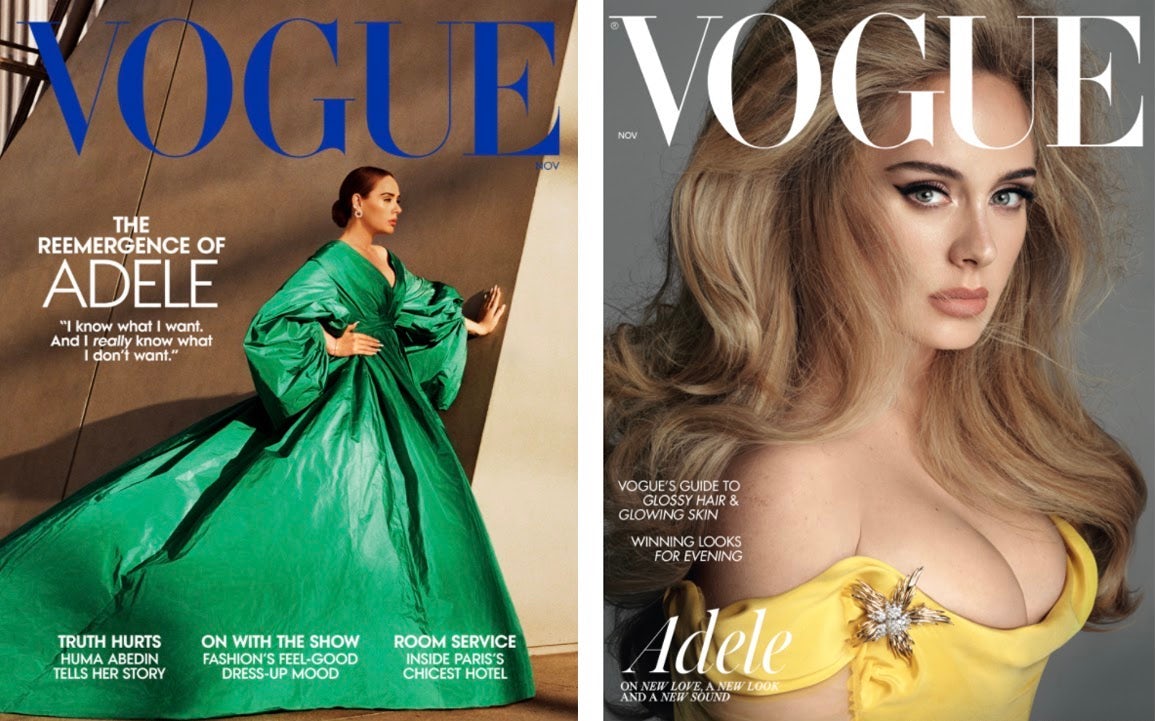
:quality(85):upscale()/2023/09/14/809/n/1922564/d3e5d9626503502dea3f15.82261728_.jpg)
